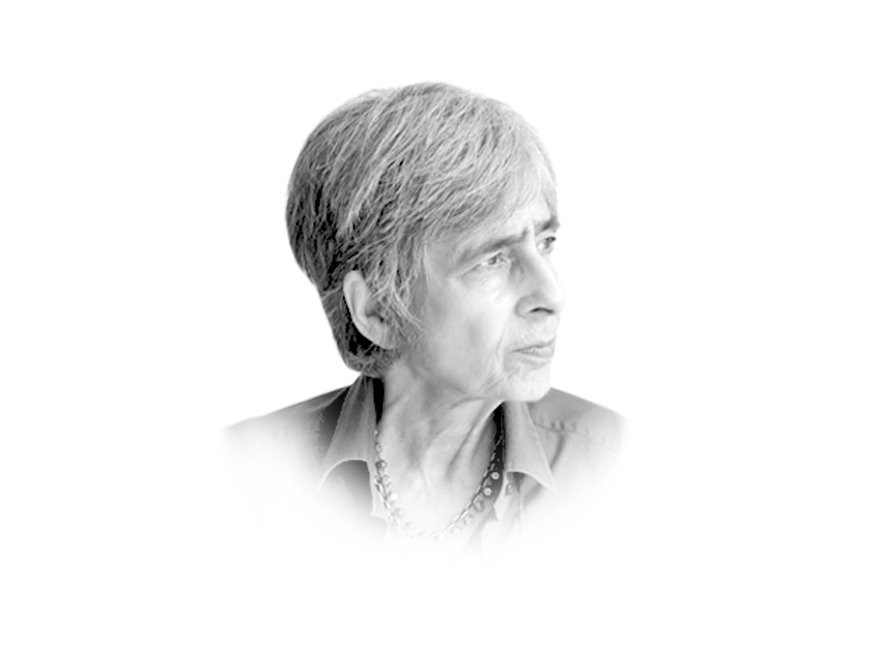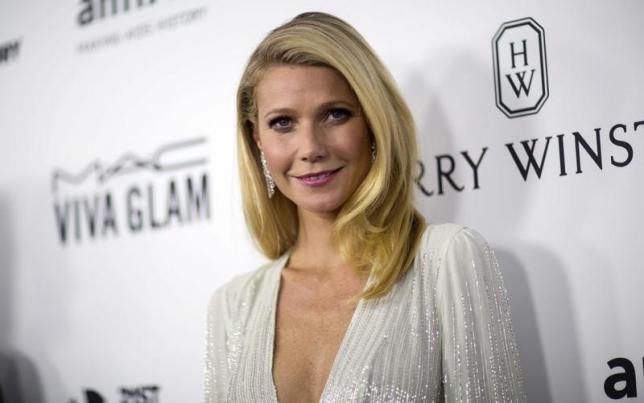

Fine! Let’s have a look at some recent events. A British citizen with permanent residence in a northern suburb of London was arrested on suspicion of involvement in money laundering. He has for decades headed a Pakistani political party with a sizeable number of seats in parliament and which is normally a coalition partner of whatever government is in the ruling seat in Sindh.
When the news of the arrest broke in Karachi, within a couple of hours, taking into account massive traffic jams, the city of 20 million ceased to function. The British Deputy High Commission was sealed off with the usual containers blocking all access, and it also shut itself down.
The excitement over the arrest somewhat overshadowed Dar’s day of glory — though, apparently, he was a record-breaker in the length of his unintelligible speech in the honourable National Assembly. In keeping with his government’s nonchalance when it comes to performing, his marathon oratory was presumably rather a swizzle as far as financial wizardry goes. So sadly, no excitement there — as there was absolutely none from the address given by the honourable head of state to the gathering of honourable parliamentarians from which a sizeable number of the diplomatic corps wisely abstained.
That takes care of Karachi and Islamabad in the excitement stakes. Then we have Lahore, over which our prime minister and his family hold sway, one constituency, NA-120, being that of Mian Nawaz Sharif, third time prime minister. One is surely justified in presuming that the writ of the mighty government would prevail, particularly in the precincts of the city’s historic High Court. But no, on May 27 came the murder of a woman citizen of Pakistan, beaten to death by bricks outside the Court, reportedly in a street famed for its legal establishments. The international media had a field day and it was only after the interested concerned world had had its say that on May 29 the honourable Lahore constituency representative, Mr Sharif, chirped up and came out with a suitable, though belated, statement and undoubtedly immediately forgot about the whole thing, this type of murder not being at all unusual, in fact even acceptable to many in his country.
The norm is to refer to such murders, of women victims, as ‘honour’ killings. It is surely high time that we ceased to involve the word ‘honour’ in such grotesque barbarism and refer to them as what they are — pure and simple murder. The term debases the word ‘honour’ — and casts a sinister light on our honourable assemblies and the honourable members who sit in them (some would say it is even misused in this case).
We can well do without such exciting times in a country which too often horrifies the civilised world. To quote from The Independent (London) and Peter Popham’s column of May 29 on the brick murder, the fact that the woman was “killed with impunity on this spot [the threshold of the Lahore High Court], sacred to the traditions of law and process going back a millennium, says something very important and uncomfortable about Pakistan.” No, not exciting.
Published in The Express Tribune, June 7th, 2014.
Like Opinion & Editorial on Facebook, follow @ETOpEd on Twitter to receive all updates on all our daily pieces.
COMMENTS (5)
Comments are moderated and generally will be posted if they are on-topic and not abusive.
For more information, please see our Comments FAQ

1729137363-0/Liam-Payne-fans-(1)1729137363-0-165x106.webp)












Putting a good light on disgraceful activities is widespread on a world basis. For example, I notice that world leaders are getting together to commemorate D-Day of WWII, which was all about death and destruction. Unfortunately, I have a bad feeling that activities such as honour killings and wars will be around for some time yet.
what an excellent thoughts of the the madam author, about the norms in the subcontinent. Every twenty minutes rape culture in Hindu dominated India, which according to BBC documentary has 50,000 children working on the strrets of Delhi, who collect the saleable from the garbage each day to pay for their education and being compelled to give up more than 75% of their daily earnings to their parents is a Norm; whereas in the State of Pakistan, the tribal culture is becoming the norm, replacing the laws usualy needed for an organised State. The Indo Pak subcontinent is simply living the 19th century in the era of 21st century. they have the period of two centuries to catch up.
Rex Minor
An excellent article, as usual, nothing less expected from the author. Barring comments from Indian trolls who lead very miserable boring lives and whose highlight of the day is to troll Pakistani newspapers,...this Country is like a runaway train. Speeding at breakneck speed. No one at the controls. Each compartment dominated by mullahs of every hue. The engineer, Jinnah died. The conductor Liaquat shot dead. A twice failed ameerul momineen is now wrestling with the brakes....
Only a political (or shall I say military?) will can change Pakistan. But it seems unlikely in the near future, or rather, till the situation gets so out-of-hand that there's likelyhood/signals of Taliban taking over power in Pakistan. Until then, the Deep State would rather prefer suiciding the whole of Pakistan if it means assured destruction of their arch-enemies/arch-rivals (call it whatever you want) India along with them.
Actually Peter Popham was wrong. The worry of PAK was self evident when the lawyers showered rose petals on the murderer of the governor.
The recent "honor"killing is a societal issue and not a decadence of state apparatus. However, showering of rose petals showed systemic malignancy. I dread the day when both converge.